2016 Celebrating Impact Prize
- Open to all ESRC projects – excluding previously winning projects
- Previously unsuccessful entrants welcome to resubmit
- Prior winners may also submit new research impacts
- Streamlined application process
- £60,000 total prize money available
Now in its fourth year, the Celebrating Impact Prize is an annual opportunity to recognise and reward ESRC-funded researchers who have achieved, or are currently achieving, outstanding economic and societal impacts. It celebrates outstanding ESRC research and success in collaborative working, partnerships, interdisciplinary projects, engagement and knowledge exchange activities that have led to significant impact.
They particularly welcome interdisciplinary projects, those involving the use of big data resources or infrastructure, and impacts from institutions submitting for the first time.
The 2016 Celebrating Impact Prize has six categories, each representing areas covered by the ESRC; with sole winners in each category receiving £10,000 to further support their research or further impact activities.
In addition to the cash value of the prize, winners are invited to attend a prestigious ceremony held in June 2016 and to join a community of world-leading researchers and policy makers collectively championing the vital role research plays in shaping society and tackling global challenges.
The call for applicants closes Friday 29th January 2016 at 3pm.
Interested parties should read the following information, and submit their work for consideration via the ESRC forms on impact prize page
Submissions may be considered within the following categories, and applicants are welcome to apply to up to three categories per project, filling out a separate application for each:
Outstanding Impact in Business
This prize will recognise outstanding research which has brought about impact with business. This could include a direct benefit to an individual business through innovation or direct change in practice or management structures, or through skills and training. It could also include benefits to a range of businesses as to how a common challenge might be addressed, with evidence of take up. Entries should be supported by evidence of the business benefit.
Outstanding Impact in Public Policy
This prize will recognise research that has contributed to the development of UK public policy, at the local, regional or national government level. This could include direct changes in policy or changes to how decision-makers view issues. Entries should be supported by evidence that the research has been taken up and used by policymakers.
Outstanding Impact in Society
This award will recognise research that has made a contribution benefiting society more widely or a specific group of the public. This could include impacts from working with local or community groups, charities or the wider society. Entries should be supported by evidence that the research has made a difference.
Outstanding International Impact
This award will recognise research that has achieved impact at an international level across countries in business, policy or societal issues. Applicants to the Outstanding International category must demonstrate collaboration across multiple countries. Applicants whose research occurs within the same country as the resultant impact are ineligible for this category and should consider the above categories only.
Outstanding Early Career Impact
This award will recognise student researchers who have achieved or show potential in achieving outstanding impacts in any of the above categories. Applications are welcome from current students and those who have submitted their thesis within the last three years.
Impact Champion
This prize will recognise an individual who has a significant personal track record in supporting and enabling others to achieve impact. The nominated individual could be: an advocate of innovative approaches and behaviours; and/or mentor and inspire others to collaborate and co-produce research for maximum impact. The nominated individual does not have to be an academic and may be working in an administrative role within a centre, department, school, or university. Applications are welcome from anyone who wishes to nominate an ESRC-supported individual.
Information on previous Winners, their research, impact case studies, FAQs and the event may be found here.
For further information please contact:
ESRC Celebrating Impact Prize team
Ed Vollans, Impact Prize Communications Officer
Susie Watts, Deputy Head of Communications
Email: impact@esrc.ac.uk
Telephone: 01793 414697
 In summer 2015 we launched the new BU Bridging Fund Scheme which aims to provide additional stability to fixed-term researchers who continue to rely heavily on short-term contracts usually linked to external funding. This situation sometimes impacts negatively on continuity of employment and job security and can result in a costly loss of researcher talent for the institution.
In summer 2015 we launched the new BU Bridging Fund Scheme which aims to provide additional stability to fixed-term researchers who continue to rely heavily on short-term contracts usually linked to external funding. This situation sometimes impacts negatively on continuity of employment and job security and can result in a costly loss of researcher talent for the institution.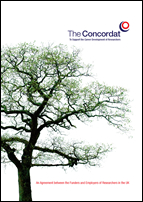 void the break in employment and career which might otherwise be faced by such staff;
void the break in employment and career which might otherwise be faced by such staff;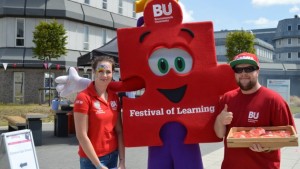
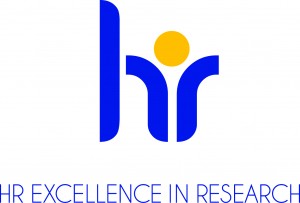

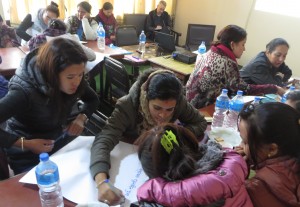
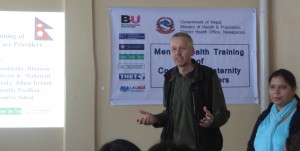

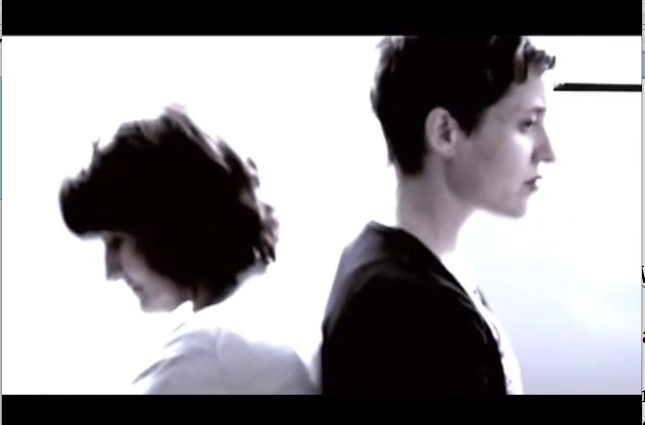

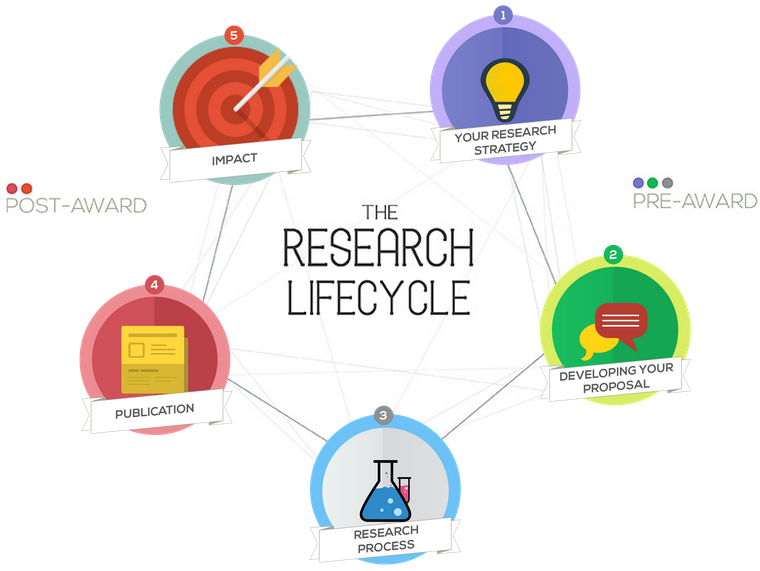
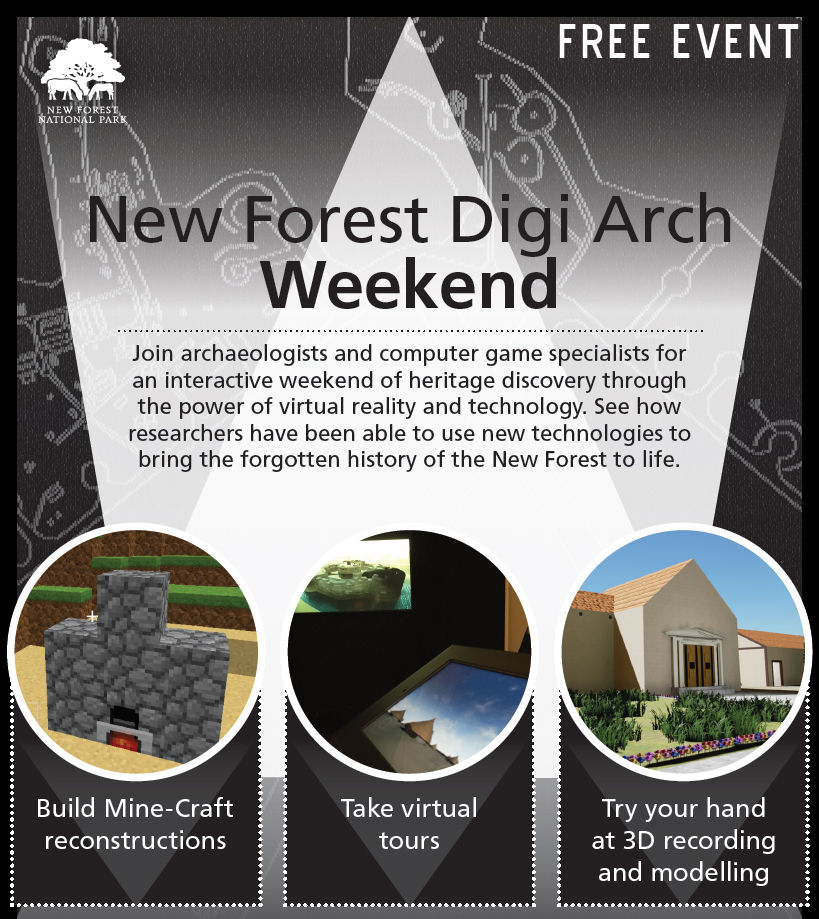





 with BU on a range of health and maternity-care projects. The birthing centre has been improved since our last visit one year ago. There now is a newly build decomposition pit for the disposal of placentas. There is a new postnatal recovery room, and the number of local women giving birth in the facility has been increasing! When we arrived a new baby had just been born an hour or so earlier (second photo with proud father on the right).
with BU on a range of health and maternity-care projects. The birthing centre has been improved since our last visit one year ago. There now is a newly build decomposition pit for the disposal of placentas. There is a new postnatal recovery room, and the number of local women giving birth in the facility has been increasing! When we arrived a new baby had just been born an hour or so earlier (second photo with proud father on the right).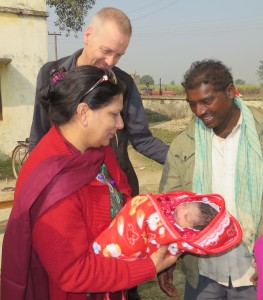












 FHSS academics teaching in Nepal
FHSS academics teaching in Nepal New weight change BU paper
New weight change BU paper One week to go! | The 16th Annual Postgraduate Research Conference
One week to go! | The 16th Annual Postgraduate Research Conference Geography and Environmental Studies academics – would you like to get more involved in preparing our next REF submission?
Geography and Environmental Studies academics – would you like to get more involved in preparing our next REF submission? Congratulations to three former BU staff
Congratulations to three former BU staff MSCA Staff Exchanges 2024 Call – internal deadline
MSCA Staff Exchanges 2024 Call – internal deadline Applications are now open for 2025 ESRC Postdoctoral Fellowships!
Applications are now open for 2025 ESRC Postdoctoral Fellowships! Horizon Europe – ERC CoG and MSCA SE webinars
Horizon Europe – ERC CoG and MSCA SE webinars MaGMap: Mass Grave Mapping
MaGMap: Mass Grave Mapping ERC grants – series of webinars
ERC grants – series of webinars